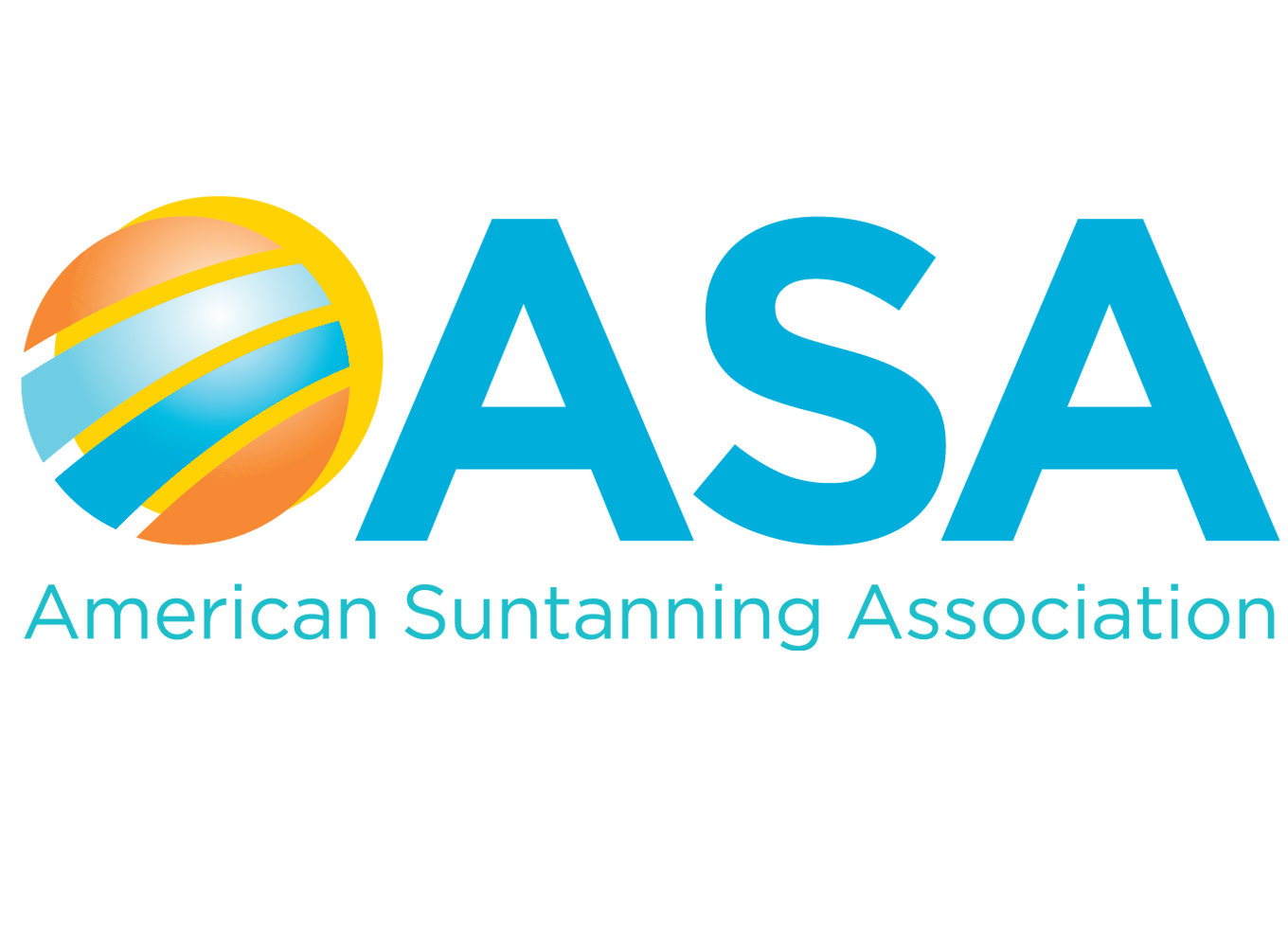Important Changes to Paycheck Protection Program

Joint Statement by Treasury Secretary Steven T. Mnuchin and SBA Administrator Jovita Carranza Regarding Enactment of the Paycheck Protection Program Flexibility Act
WASHINGTON—U.S. Treasury Secretary Steven T. Mnuchin and Small Business Administration (SBA) Administrator Jovita Carranza issued the following statement today following the enactment of the Paycheck Protection Program (PPP) Flexibility Act:
“We want to thank President Trump for his leadership and commend Leader McConnell, Leader Schumer, Speaker Pelosi, and Leader McCarthy for working on a bipartisan basis to pass this legislation for small businesses participating in the Paycheck Protection Program.
“We also want to express our gratitude to Chairman Rubio, Ranking Member Cardin, Senator Collins, Congressman Roy, Congressman Phillips, and other members of Congress who have helped to create and guide our implementation of this critical program that has provided over 4.5 million small business loans totaling more than $500 billion to ensure that approximately 50 million hardworking Americans stay connected to their jobs.
“This bill will provide businesses with more time and flexibility to keep their employees on the payroll and ensure their continued operations as we safely reopen our country.
“We look forward to getting the American people back to work as quickly as possible.”
Upcoming Procedures
SBA, in consultation with Treasury, will promptly issue rules and guidance, a modified borrower application form, and a modified loan forgiveness application implementing these legislative amendments to the PPP. These modifications will implement the following important changes:
- Extend the covered period for loan forgiveness from eight weeks after the date of loan disbursement to 24 weeks after the date of loan disbursement, providing substantially greater flexibility for borrowers to qualify for loan forgiveness. Borrowers who have already received PPP loans retain the option to use an eight-week covered period.
- Lower the requirements that 75 percent of a borrower’s loan proceeds must be used for payroll costs and that 75 percent of the loan forgiveness amount must have been spent on payroll costs during the 24-week loan forgiveness covered period to 60 percent for each of these requirements. If a borrower uses less than 60 percent of the loan amount for payroll costs during the forgiveness covered period, the borrower will continue to be eligible for partial loan forgiveness, subject to at least 60 percent of the loan forgiveness amount having been used for payroll costs.
- Provide a safe harbor from reductions in loan forgiveness based on reductions in full-time equivalent employees for borrowers that are unable to return to the same level of business activity the business was operating at before February 15, 2020, due to compliance with requirements or guidance issued between March 1, 2020 and December 31, 2020 by the Secretary of Health and Human Services, the Director of the Centers for Disease Control and Prevention, or the Occupational Safety and Health Administration, related to worker or customer safety requirements related to COVID–19.
- Provide a safe harbor from reductions in loan forgiveness based on reductions in full-time equivalent employees, to provide protections for borrowers that are both unable to rehire individuals who were employees of the borrower on February 15, 2020, and unable to hire similarly qualified employees for unfilled positions by December 31, 2020.
- Increase to five years the maturity of PPP loans that are approved by SBA (based on the date SBA assigns a loan number) on or after June 5, 2020.
- Extend the deferral period for borrower payments of principal, interest, and fees on PPP loans to the date that SBA remits the borrower’s loan forgiveness amount to the lender (or, if the borrower does not apply for loan forgiveness, 10 months after the end of the borrower’s loan forgiveness covered period).
- In addition, the new rules will confirm that June 30, 2020, remains the last date on which a PPP loan application can be approved.
